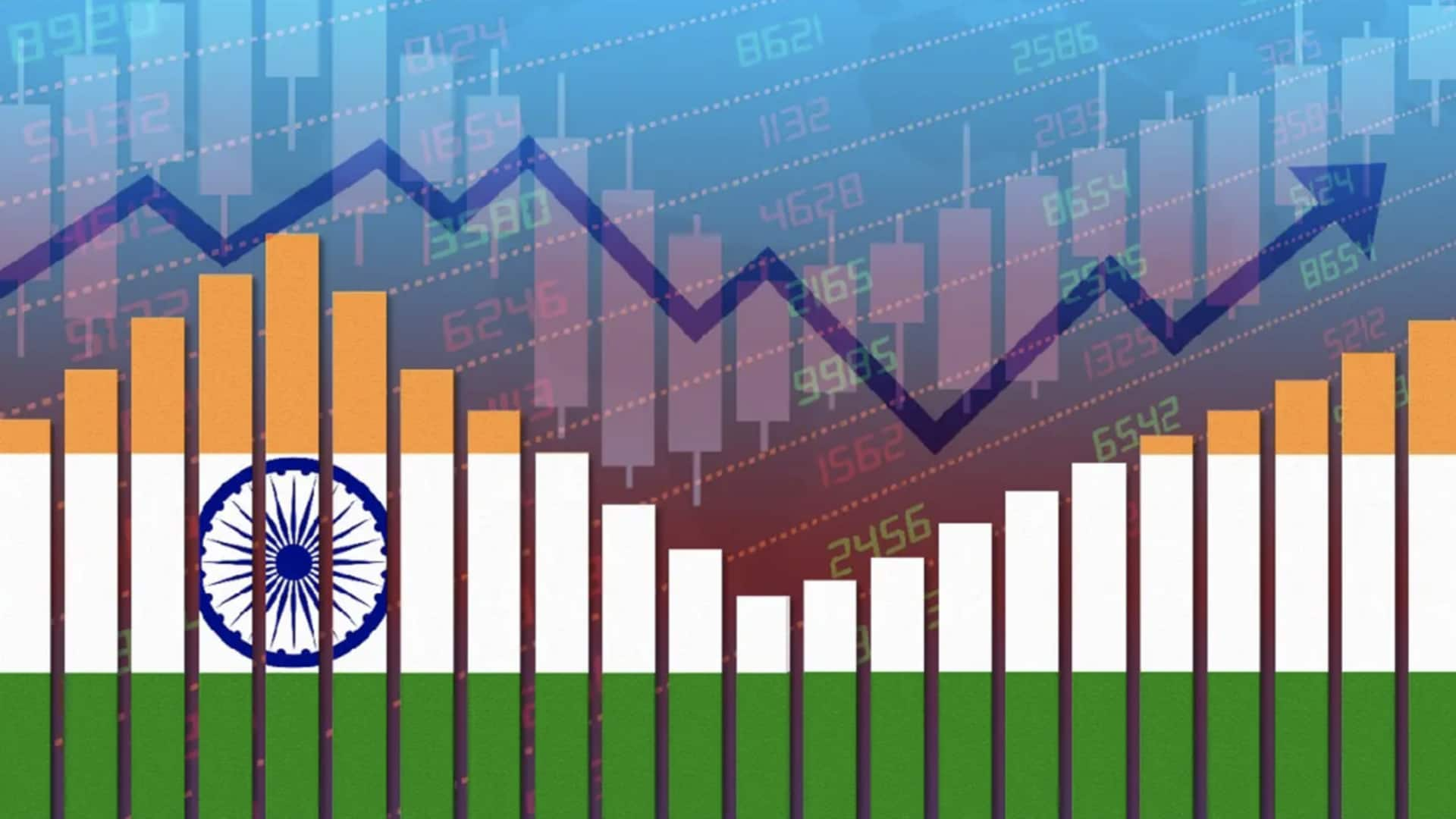World Bank forecasts 7.5% growth for India's economy in 2024
What's the story
The World Bank has revised its growth forecast for India's economy, now predicting a significant increase of 7.5% in 2024, up by 1.2% from its previous estimate.
This robust growth is expected to drive the overall economic expansion in South Asia, which is projected to reach a strong 6% in the same year, according to the latest South Asia Development Update by the World Bank.
Growth projections
South Asia to remain fastest-growing region worldwide
The World Bank report also projects that South Asia will retain its position as the fastest-growing region globally for the next two years.
The estimated growth rate is pegged at 6.1% in 2025.
"In India, which accounts for the bulk of the region's economy, output growth is expected to reach 7.5% in FY23/24 before returning to 6.6% over the medium term," stated the World Bank report.
Economic performance
India's economy outperforms expectations in Q4 2023
India's economy performed better than expected in the fourth quarter of 2023, with an impressive growth rate of 8.4%.
This surge was driven by significant increases in investment and government spending.
The World Bank report also highlighted that India's Composite Purchasing Managers' Index stood at 60.6 in February, significantly higher than the global average of 52.1.
India's manufacturing sector witnessed robust growth in March, with the HSBC Purchasing Managers' Index soaring to a 16-year high.
Regional growth
Economic outlook for other South Asian countries
The World Bank report also highlighted the economic prospects of other South Asian countries.
Bangladesh's economic output is expected to grow by 5.7% in FY24/25 due to high inflation and trade restrictions.
Pakistan's economy is predicted to expand by 2.3% in FY24/25 following a contraction in FY22/23.
Sri Lanka's growth rate is set to rise to 2.5% in 2025 due to recoveries in reserves, remittances, and tourism.
Economic risks
World Bank warns of potential risks to South Asia's growth
Despite the bright short-term growth prospects for South Asia, the World Bank has warned of potential risks.
"South Asia's growth prospects remain bright in the short run, but fragile fiscal positions and increasing climate shocks are dark clouds on the horizon," cautioned Martin Raiser, World Bank Vice President for South Asia.
He emphasized that countries should implement policies encouraging private investment and job growth to mitigate these risks.
